Hunting is an entrancing sport that requires a lot of patience and hard work, especially for preppers. Hence, before you begin to stress over the must-have hunting strategies, start going through some essential tips required to start hunting.
The experience of chasing an animal requires many extended periods of sitting, pausing, and regularly being in different climatic conditions. The hard work brings in your hunt and provides you with the experience needed for your upcoming quests.
Hunting Tips for Preppers – Actionable Advice
1. Know About Different Types of Hunting
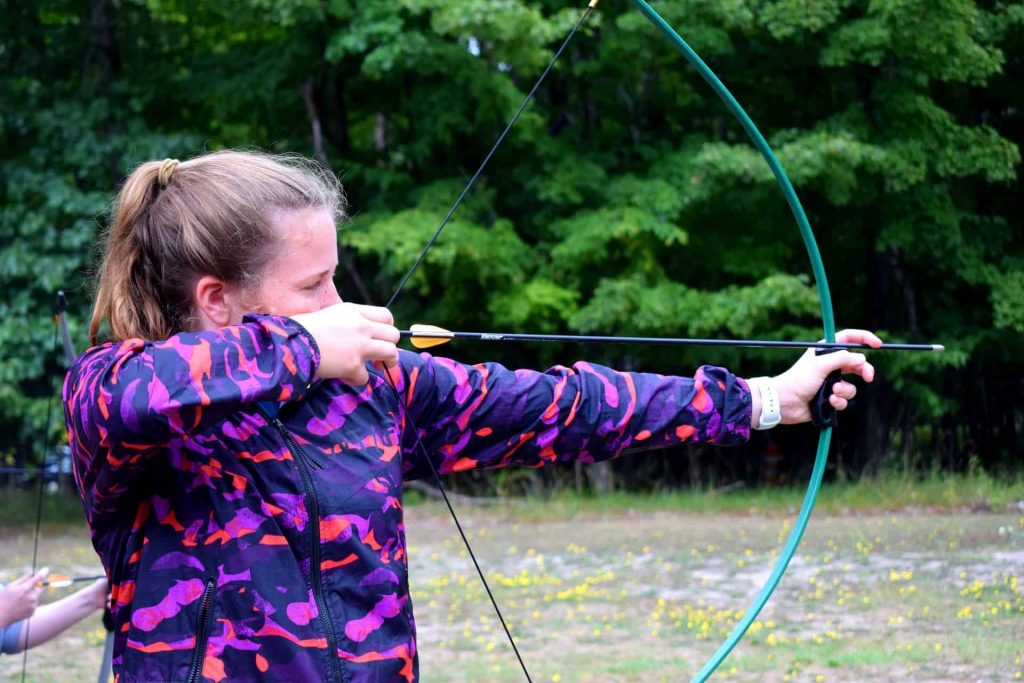
The very first thing you need to be accustomed to is the very idea of hunting and what it might mean for different individuals. Based on your interests and the skills you possess, you will have to choose a mode of hunting that is best suited for your likes. This distinction is based on the type of animals you wish to target, the weapon of your choice, your targetted area, hunting time preferences, and so on. Look through the below points to know a little bit more about the types of hunting and then figure out what is best suited for your needs:
- Based on your kind of target: One may be interested in hunting birds, while the other might be interested in tracking big animals. Hence, it would be best to first become aware and sure of your interests. Initially, it might be best to concentrate on one type of species but with time and an ample amount of practice, you can train yourself to be a pro at multiple types – the kind people refer to as an ‘all-rounder’.
- Based on the choice of weapons: Either you are more comfortable with the traditional methods, such as using crossbows and arrows, or you are more affluent with innovative tools like rifles and guns. Know which type of hunting is the most suited for you. This will to a large extent define the kind of skill set you will need.
- To begin with, be clear with the chasing you’ll be pursuing in the due course of time. I hope you are now aware that hunters do depend on different modes for catching its prey, and chasing continues to be a prominent one. There is even a type of hunting known as persistence or endurance hunting wherein you will chase the animal and exhaust it to rest so that your target will become immobile and easier to shoot. It is always better to know what your chasing strategy is going to be. Or in other words, it becomes hard and confusing if you try seeking out every type of hunting. It is better to know and learn about a specific hunting type to gain expertise within that particular domain.
- It is always preferred that you interact with other fellow hunters. A mentor will make it easier for you to take the first step and his expertise will guide you in making sensible choices. For example, someone who has been in the field long enough will give you a vivid idea of tracking and the weapons needed for each of the aforementioned types.
2. Be Slow But Steady
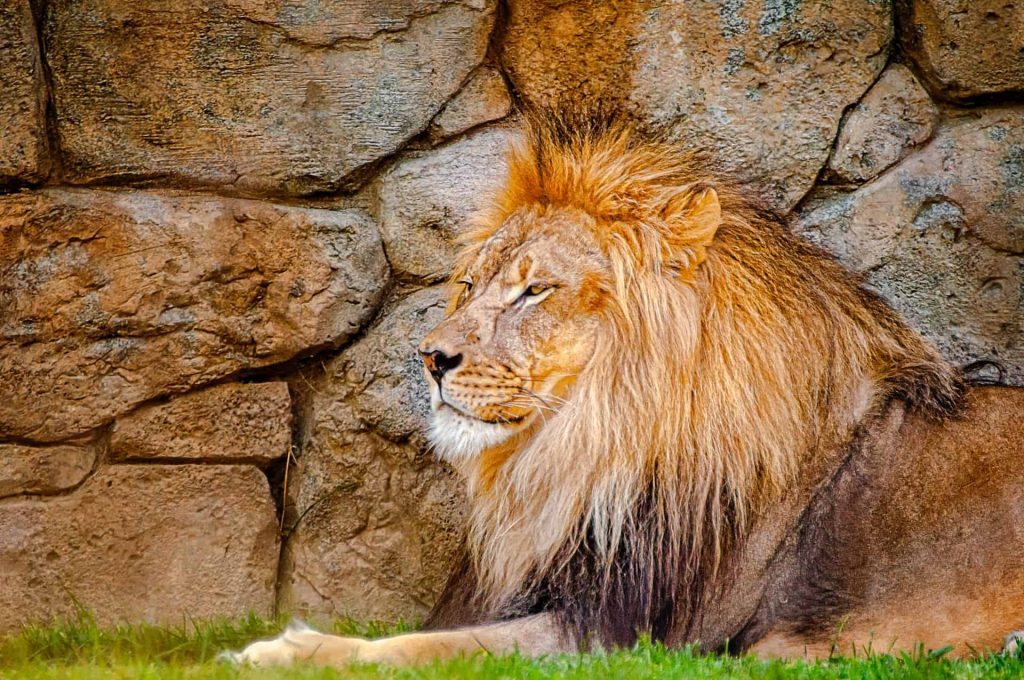
Hunting is not always about being swift and active. At most times, it is about being vigilant and patient. Why so? This ensures that you will not jump into actions that will risk your life. But how? Follow the steps below to be calm as well as steady at the time of hunting:
- You need to move gradually and wait when the wait is required. There is no need to hurry when it comes to tracking an animal.
- Keep a watch on you, check the time, and make proper time calculations while hunting. If you have been tracking the activities of an animal for a while you would be familiar with its sleeping, praying, and eating patterns. Cross-check that with your watch and plan your movements accordingly.
- Have a definite time frame and know when to stop, to stay tranquil and quiet before moving on with the hunt.
- Be aware of the surrounding noises. Keep your ears and eyes open for any indications of approaching movements. A keen sense of hearing will help you to listen for any snapped twig or approaching taps. Don’t overlook these sounds even if it is faint.
- Don’t make a commotion, and never panic. Making noise would only make your prey aware of your location, and you would fail to make a hunt. Forget failing, it is equivalent to putting your life at risk. Make sure to make no noise so that the animals are least aware of your presence and whereabouts.
- Always be a one-person army, as less number of hunters would make a lesser commotion. It’s better to drive alone to the forested area and hunt on your own. Have a stroll around the region before your hunt to get a thorough understanding of the breeding places, and then begin your strategy. As much as you would love the company, I strongly suggest that it is impractical and hence should be avoided.
3. Know How to Track Animals
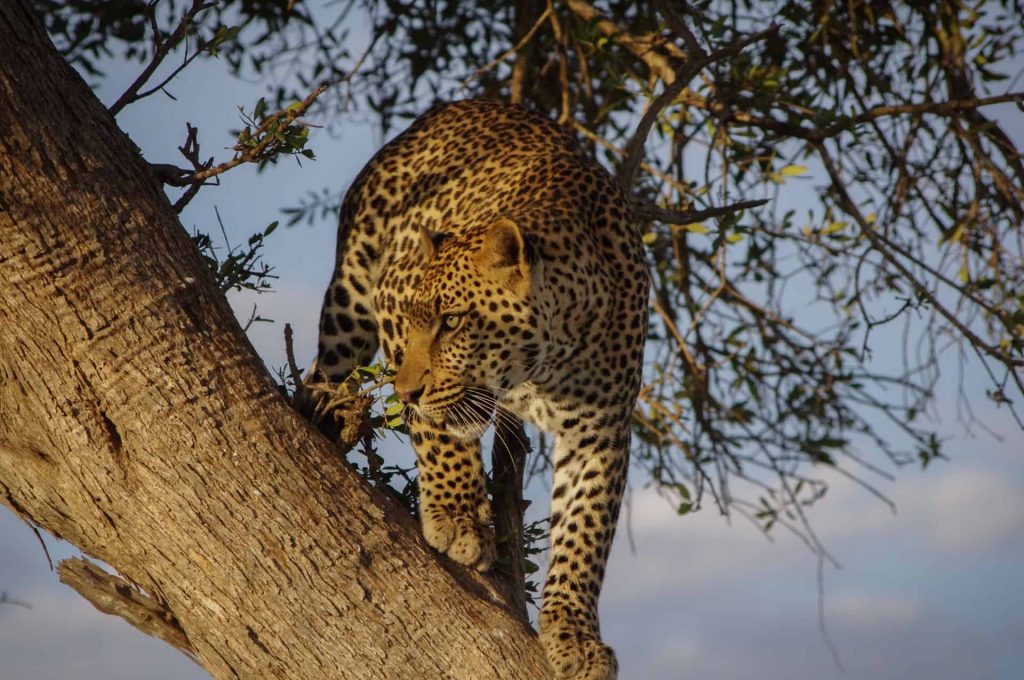
Tracking animals need lengthy hours of skill and knowledge. While you might presume that a mere understanding of the species will suffice, that is not the case. A detailed understanding of the animal and its habits, the area of its living, the ecological specificity – all these will help you in the long run. Here are specific ways to know more about tracking your prey:
- Move unobtrusively as you track. Be quiet, cautious, and vigilant. If you are in the company of different trackers then make sure that you speak with hand signals rather than sounds.
- If you notice a blood trail, follow it. It may lead you to an injured or dead animal. But be extra cautious because an injured animal is more dangerous than any other. So, keep steady and follow the path, and don’t panic.
- Once you shoot an animal, it’s crucially imperative to locate the specific region to get to the blood trail.
- If an animal gets shots and falls, wait and shoot again to make a proper kill. Double-check before you expose yourself. Don’t run after the prey without being sure of the shooting.
4. Beat Your Competitors
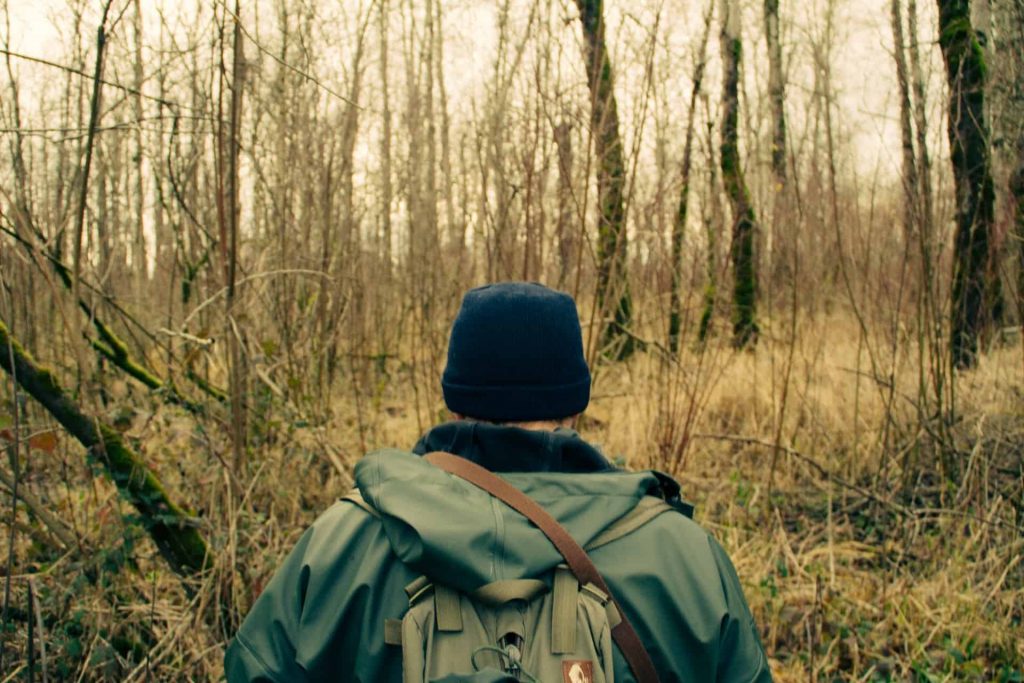
You might think competitions are limited to the large arenas with trophies and medals. But sadly not so. Like any other field of work, the hunting world is also highly competition driven. More so because of the limited availability and sighting of animals in certain areas and the overlapping hunting seasons within this area. Well, there are multiple hunters out there planning their next big kill. So how can you ensure that the fall happens from your shot? Follow these proper steps to beat your competitors in their game:
- Punctuality and outright readiness will put you on the winner’s side. Trackers have a time of hunting, and you need to beat every person by reaching the hunting field before time. Know the area beforehand and arrive there early to mark your territory and power.
- If you feel that the hunt will take you all day then be prepared to start early in the morning, even if that means you have to camp overnight. Camping is essential when it comes to a day-long hunt. Hence, set up your camp and take a quick stroll around the region. A stroll will help you picturise your arena and hence make the whole task of chasing and tracking simpler at the time of the shoot.
- I don’t know how many times I have to emphasize this but know about your territory and mark your stands. This is especially important if you are planning to go hunting deep into the woods and you are quite clueless about the area at hand.
- Keep your hunting gear at hand. You wouldn’t know how much time it will take to complete a hunt or when a normal stroll will get transformed into a spontaneous hunting session. Always, always be prepared.
- Be prepared before any other tracker even reaches the ground. At the end of the day, your competition is not only with the animals but with the fellow hunter too.
5. Take Care of Yourself
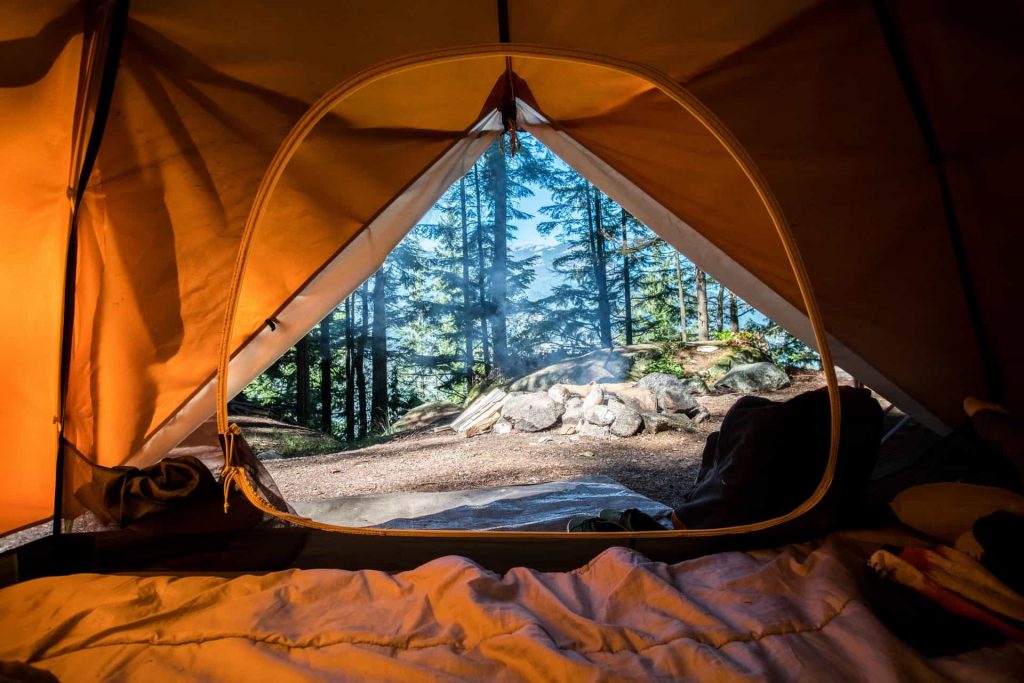
Hunting is tedious work, and you might fall ill alone in the woods. Here are some ways to keep yourself fit for carrying out the hunt successfully:
- Take all that you feel is essential to ensure your safety and comfort. It’s better to carry a tent when going for a hunt. Also, don’t forget to carry cushions or other clothes along with you. The extra effort will be appreciated especially as it comes with handy things like a torch, lamps, comforters, thermals, and so on.
- You cannot expect the weather to be on your side all the time. Especially in the woods. If you plan to go deep into the woods remember that the atmosphere and temperature will be slightly different from what you have been accustomed to within the city walls. So, bring your sack, to keep yourself warm in chilly weather.
- Collect woods and light a fire to stay protected in the forested area. It keeps you warm and also drives the most dangerous animals away.
- If it feels freezing, walk around the field to warm your body up. Don’t wait in one place for a prolonged time.
6. Hunt Small Animals, Too!
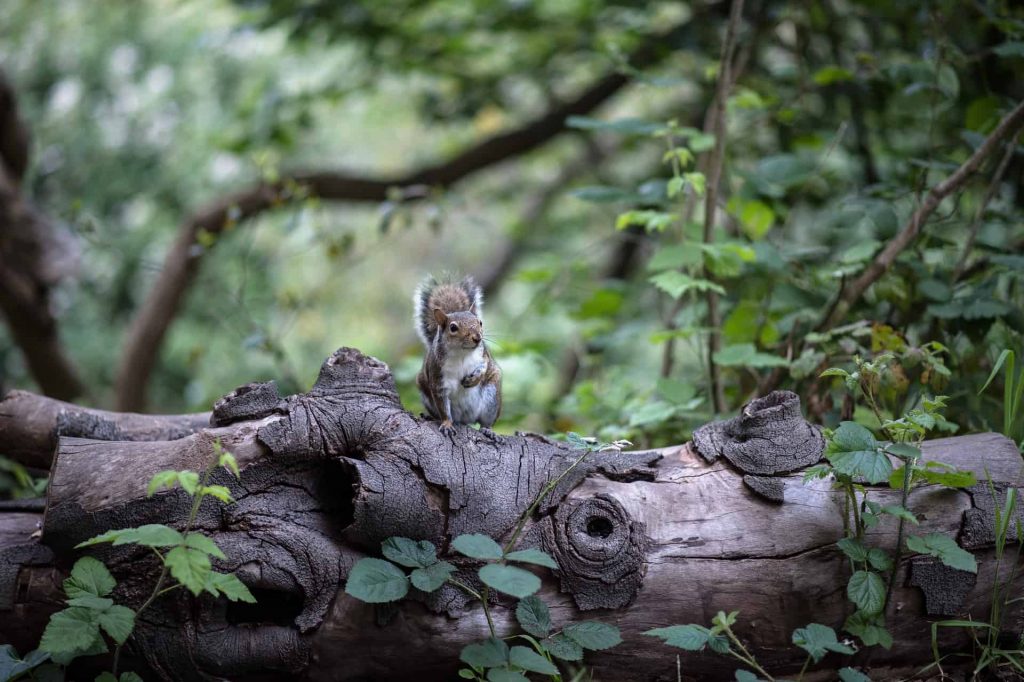
Mostly, the growth of a hunter is measured according to his elevation from small animal hunts to big game hunts. Every hunter wishes to hunt big games. But, this is not a one-way ladder. To improve your skills, you also need to hunt small animals. It keeps your target acquisition skills and precision on point. Not just that, it teaches you a lot more about the animal world and how we make use of their weaknesses. Know how to deal with small games through the following points:
- Once you have shot a bird, make sure to have shears on you. With shears, you would quickly remove the wings and legs of the feathered creature in the field. Don’t pack the animal inside a plastic bag. Clean the dead animal, and take the meat with you.
- Always make sure to skin the small animals like squirrels and bunnies whenever you shoot them.
- If you shoot a turkey, only keep the bosom meat with you. It’s not necessary to carry the entire bird along with you. Cut out the meat and leave the bird where you shot it.
7. Store Your Gear Properly
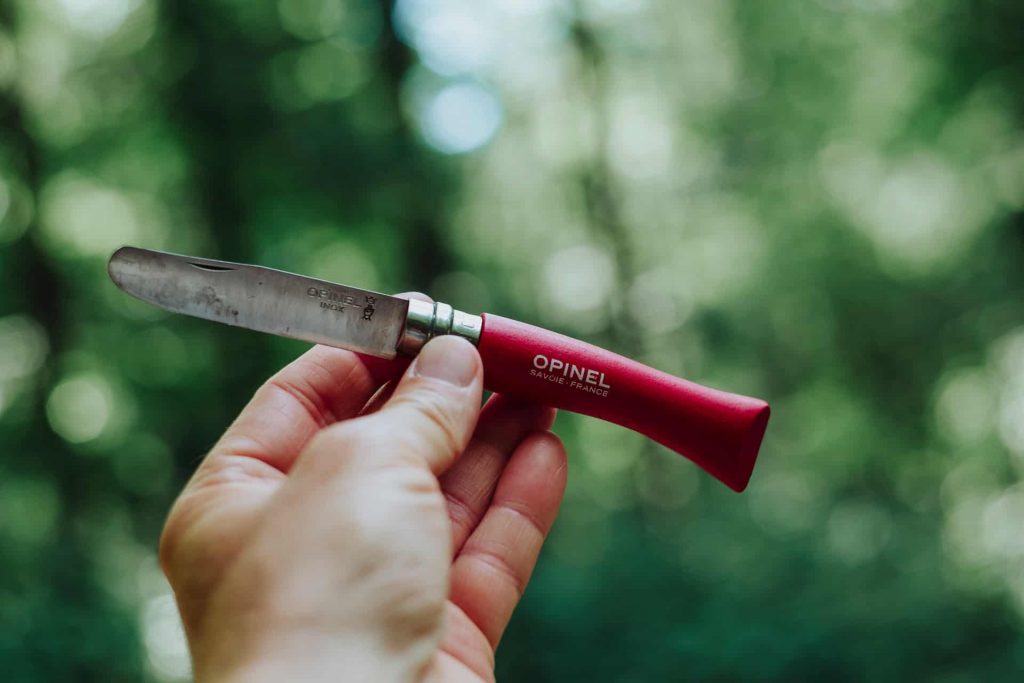
Packing your hunting gear properly and keeping them intact is essential for hunting. Anyone who has visited any hunting or outdoor store and bought these goodies for themselves will surely understand the inherent logic here. These goodies do cost quite much and yes, they require the utmost care. Even that your whole life depends upon such small tools, an extra act of care will go a long way. Here are a few ways to pack adequate gear for your next hunt:
- Always depend on the weather to choose the hunting gear. If it’s raining heavily, take sacks to put your belongings in it, and keep them secured from getting wet. A damp instrument will rust and ruin away.
- Always make proper bundles of things needed. Keep lights, batteries, matches, and other necessary objects together. This avoids confusion in times of emergency and also makes the whole task of packing easier and serrated.
- Take the essential elements to start a fire. Don’t rely on primitive methods like stones to start a fire.
- Here is a list of hunting gear required for your next chase:
- Calibers: The best caliber for hunting isn’t controlled by which ammunition shoots the farthest, or which rifle looks cool. You have to choose a caliber based on your convenience and which one brings more kill.
- Weapons: Most crucial gear of a hunting expedition is, undoubtedly, the rifles or arms. There are different weapons like shotguns, handguns, bows, and crossbows, and you need to have them along with you while out on a hunt.
- Knives: Blades and knives are vital for hunting. After shooting an animal, you need proper knives to skin the animal and take out the meat.
- Binoculars: You need to have a pair of binoculars to keep an eye on your prey from afar. It takes a lot of perseverance and good observation to make a hunt successful.
- Scopes: Well, binoculars won’t suffice in all conditions. For certain long and targetted rifle shots, a scope is a must-have. It will ease your effort to aim and shoot and hence guarantees better success rates.
Conclusion
Since now you have a comprehension of how to get into hunting, it is imperative to take the first step. The first step matters as much as the first kill. Follow the tips properly and get your hunting gear on! Off you go, Happy Hunting.
